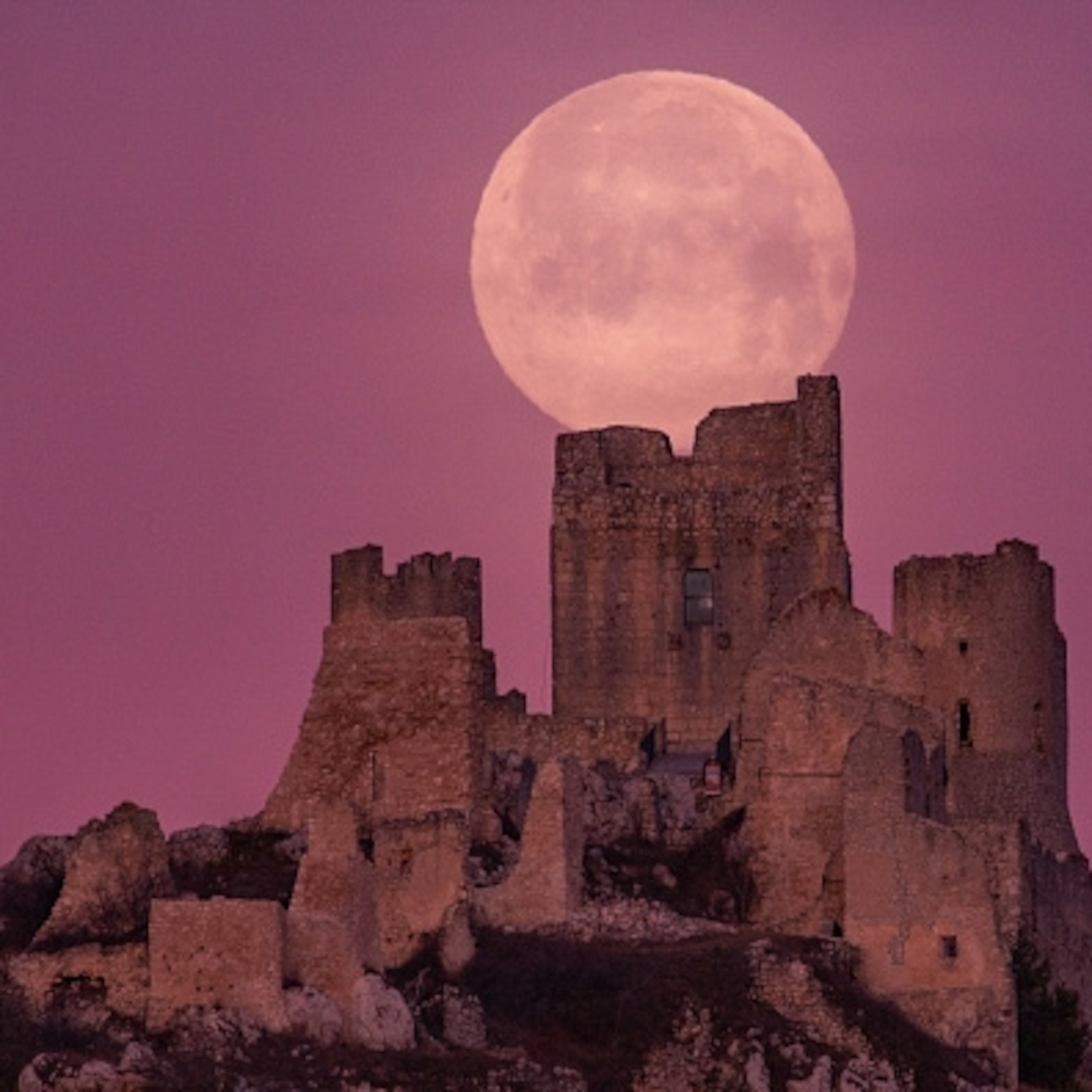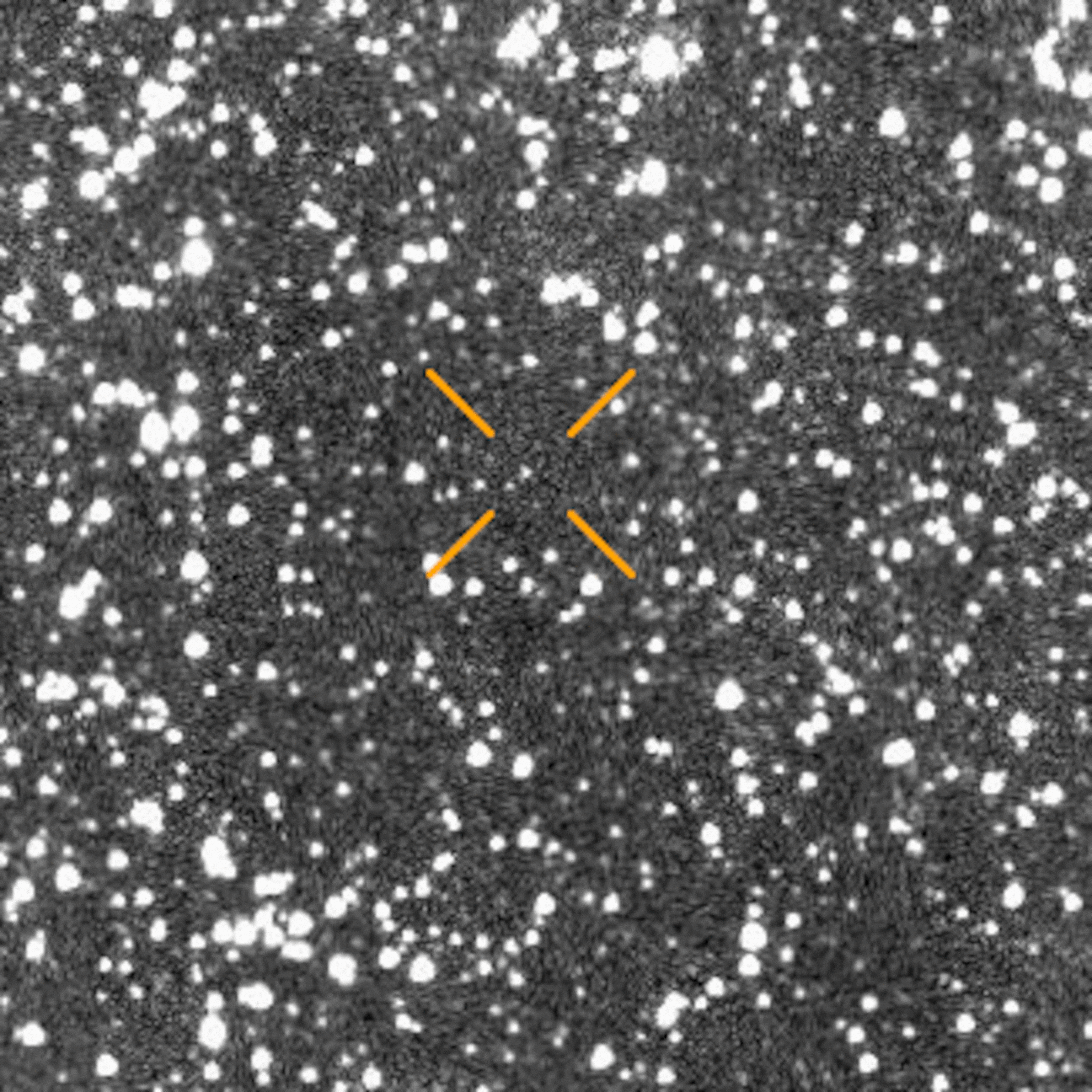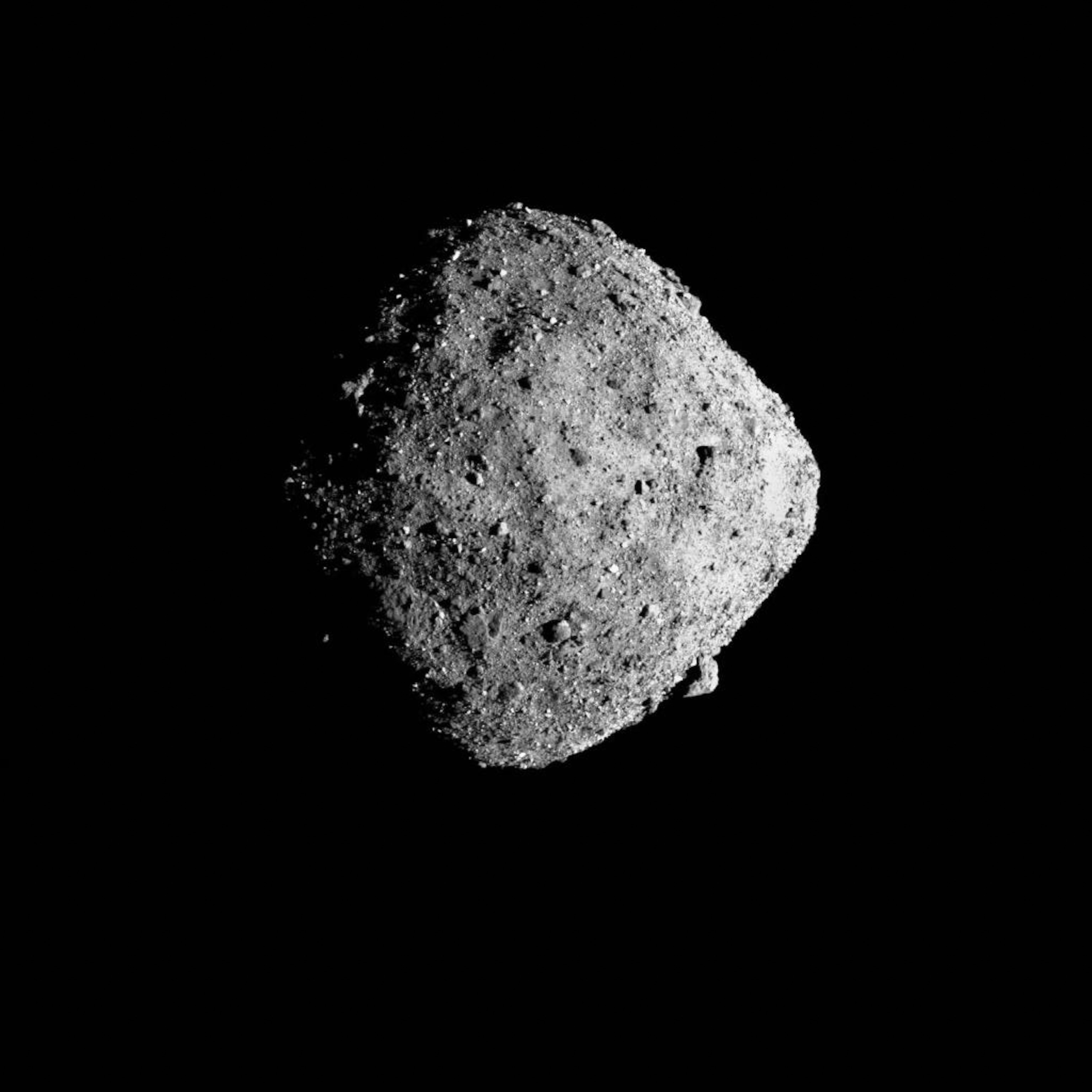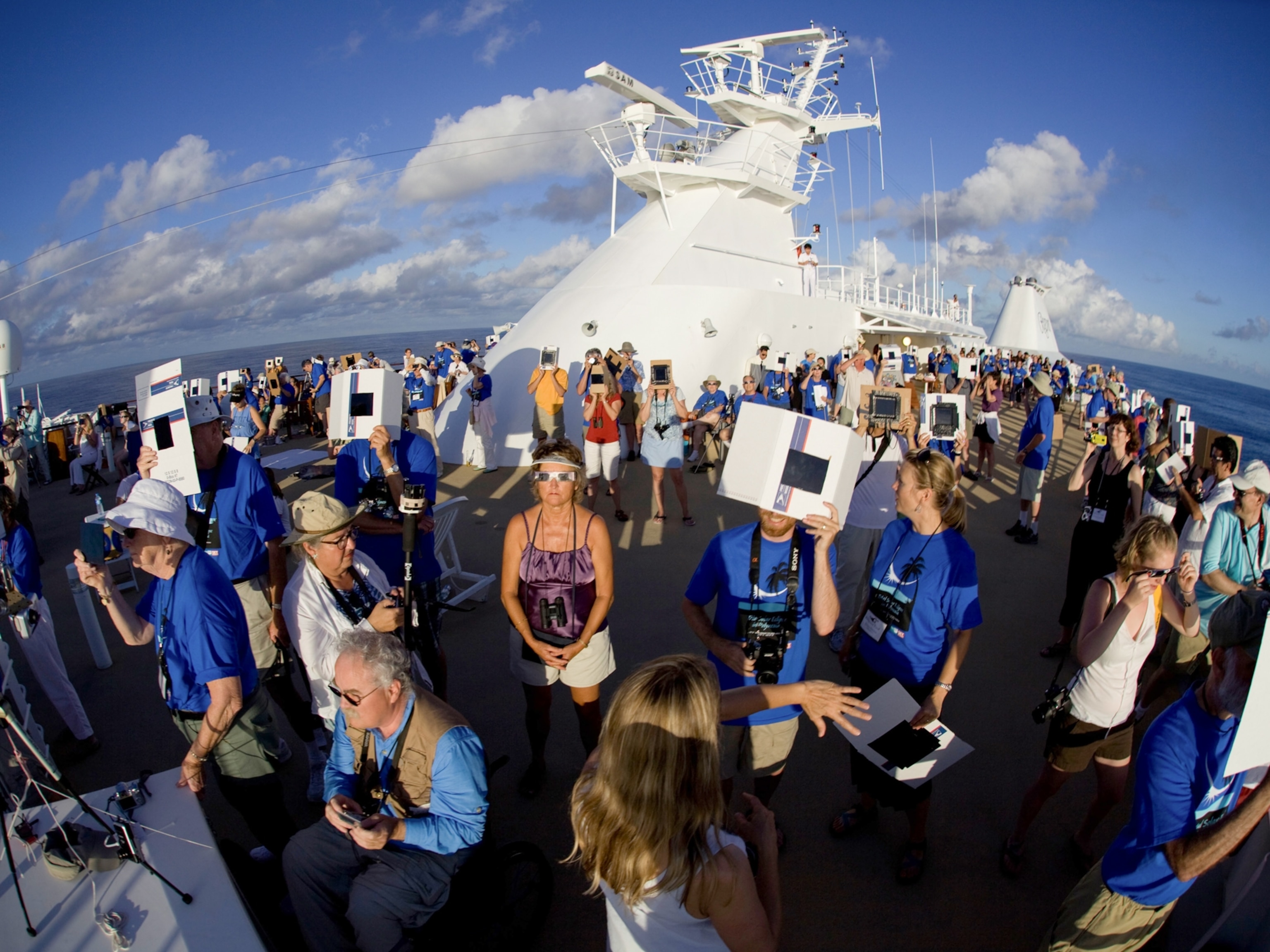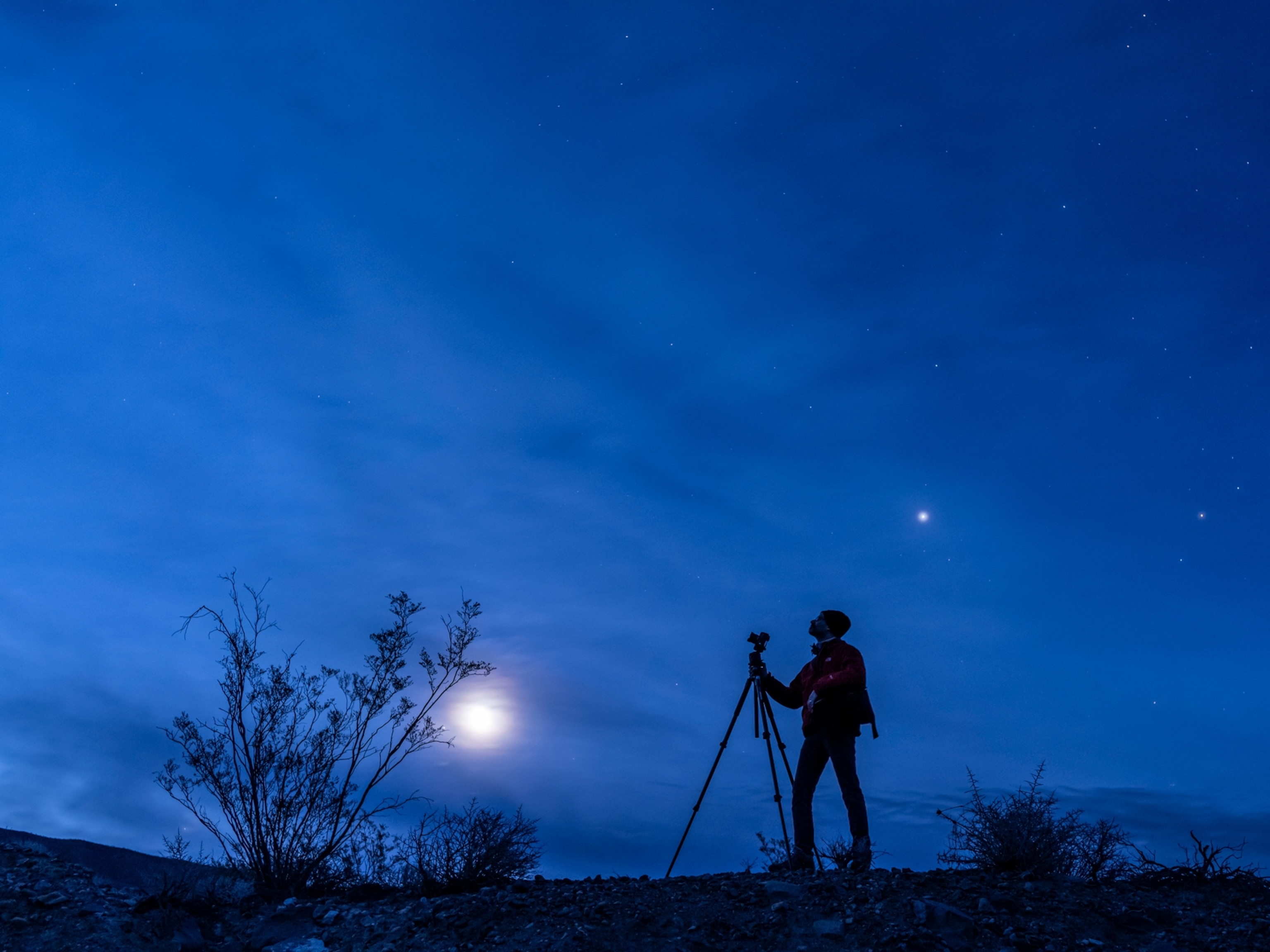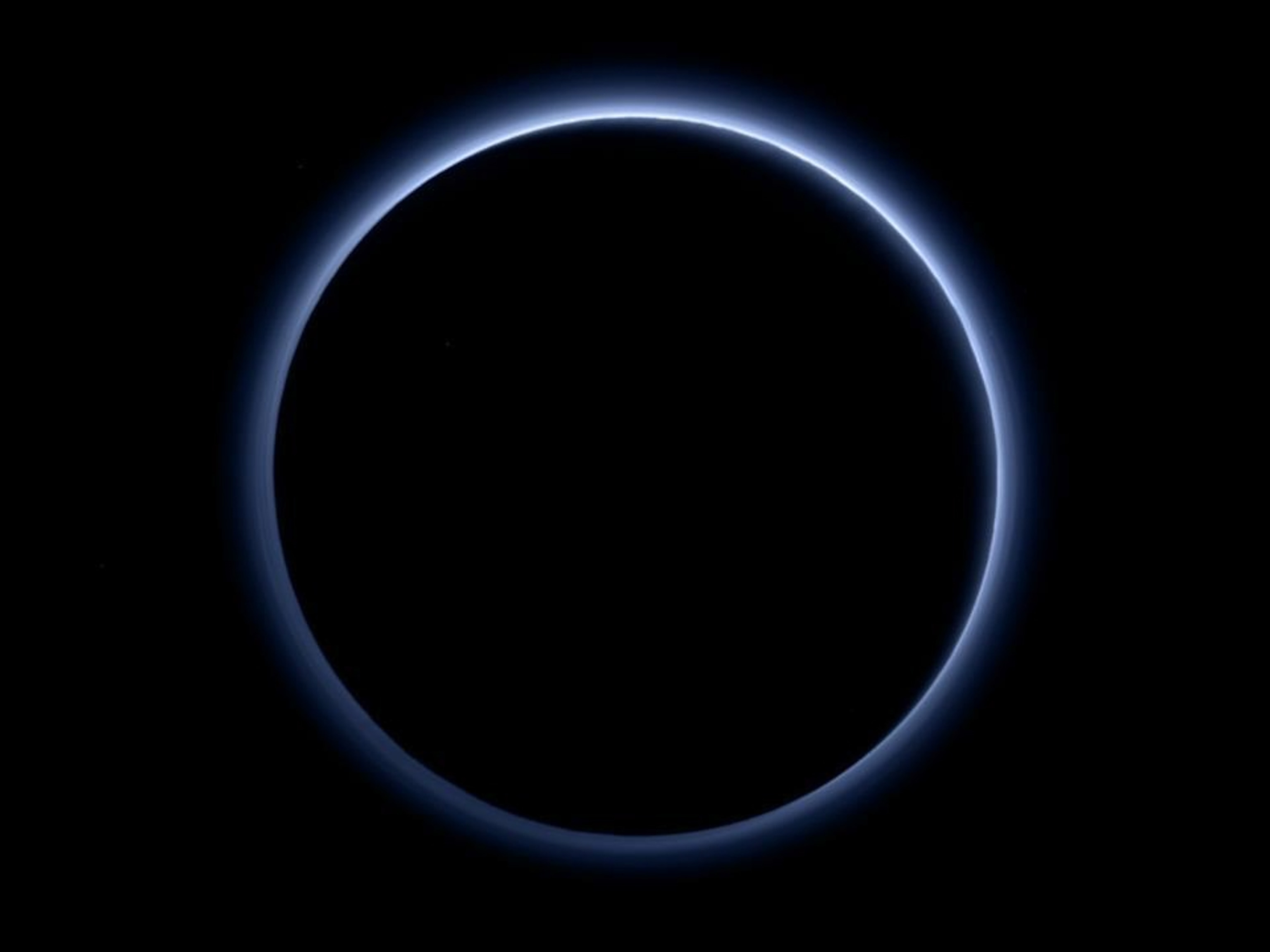
Q&A: Neil deGrasse Tyson Unveils the Cosmos
The cosmic message, according to Neil deGrasse Tyson: Take care of our world.
In its first airing, Cosmos created a new star, Cornell astronomer Carl Sagan. The seminal series opened the eyes of millions to the universe and made a science celebrity out of Sagan.
Now astronomer Neil deGrasse Tyson is stepping up to star in a 13-part remake of the series on the National Geographic Channel and Fox. The first show airs on Sunday, March 9 (at 9 p.m. ET/PT), and will be broadcast in more than 70 nations—the biggest launch ever for a global TV series.
National Geographic spoke to Tyson, the director of the American Museum of Natural History's Hayden Planetarium, about life, the universe, and the "cosmic perspective" Cosmos will offer viewers.
Q: Why re-create Cosmos? Why now?
A: Any time is good for Cosmos. A lot of things have come together to make this the right time to do it. We have come so far in the last 34 years—more than a generation. Clearly it’s time for another Cosmos.
Since then we have discovered a thousand new planets. A lot has changed.
Back in 1980 we were trapped in a Cold War mind-set, which polarized people and affected everything. People thought of the environment as a local thing. They didn't think of the global environment and how we are all connected. (Click the video below to watch an interview with Neil deGrasse Tyson.)
What's new about this Cosmos?
With Cosmos, this version, we're able to bring a whole tool kit of storytelling cinematics to bear on the science, the history, the culture, and the politics to fill people with a sense of wonder about our universe.
It might even impact people spiritually. I mean that with a little s. That’s the reaction some people might feel by gaining the cosmic perspective—seeing that we are just a small part of the vastness of everything. But that can be emotionally fulfilling in a very deep way.
What are the most important advances you’ve seen since 1980 that the new Cosmos will consider?
The purpose of Cosmos is not to be a textbook to tell people about the latest discoveries. The whole point of telling these stories is to allow you to understand that science, the scientific method, is central to all of our lives.
Yes, we'll learn more science, about the scientific method. But what we really want is for people to say, "Wow, I didn't know we were all connected in that way." That's the goal.
Why is understanding the scientific method so important?
Because it's how we make discoveries and how we understand and survive in our world today.
Just think for how long humanity was controlled by mystical, magical thinking—the diseases and suffering that led to. We managed to survive, but just barely. It wasn't pretty.
Is that why the astronomy in Cosmos is ultimately so important? It's more than just discoveries—it's a way of seeing the world?
Exactly. Every one of us at one time or another has looked up, unless you're locked in a cave, and wondered. To understand the universe and the search for life, Cosmos opens the door to all the other fields of science, to everything.
The viewer will see the science all around us, will see that biology, that geology, that physics are all connected today.
Modern astrophysics is spreading into all sorts of fields. There is now astrobiology (the study of alien life), planetary geology (earth science on other planets), and even astroparticle physics, where we take advantage of astronomical observations to answer fundamental physics questions.
The word "astro" is being appended to all these different professions because the universe is telling us that they’re all connected and that we are part of the universe.
That's a theme Carl Sagan returned to a lot on the original Cosmos. How do you feel about stepping into his shoes?
I don't think that’s what I'm doing. I already have a role in the science community and in science popularization and education. I can't fill his shoes, but I can certainly fill my own even further, to be a really awesome version of myself.
The goal is not to be Carl Sagan. We want to continue telling the story of Cosmos. I'm just the next storyteller.
What's with the spaceship on the new Cosmos? It looks like a cell phone.
(Laughs.) It's quite different from the original Spaceship of the Imagination (piloted by Sagan). A lot of viewers had asked, What's up with that? And I myself might have had a few questions.
The new spacecraft has been reimagined, and it's stunning. It really helps tell the story, and it only appears when we need it.
It's a minimalist spacecraft. That's not a cell phone. I've been a minimalist my whole life, even if you wouldn't know it from my office.
What's the one thing, or things, you want viewers to walk away with after seeing the new Cosmos?
I want people to come away compelled to recognize the cosmic perspective on their own lives. Once they recognize that the universe is bigger than we can imagine, it's supremely humbling. But it really compels us to take better care of this tiny, pale blue dot that we live on.
I want people to see that the cosmic perspective is simultaneously honest about the universe we live in and uplifting, when we realize how far we have come and how wonderful is this world of ours.
This interview has been edited and condensed. Follow Dan Vergano on Twitter.
